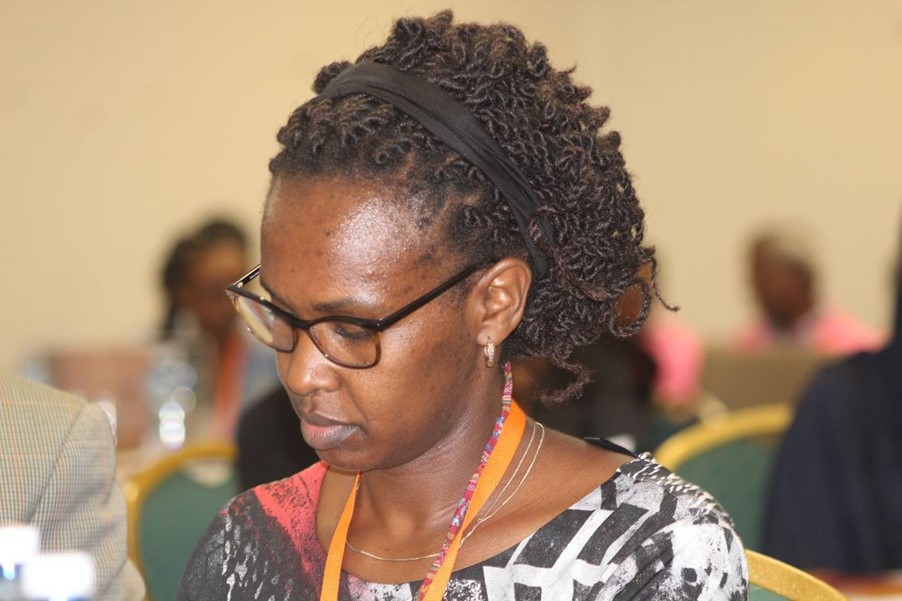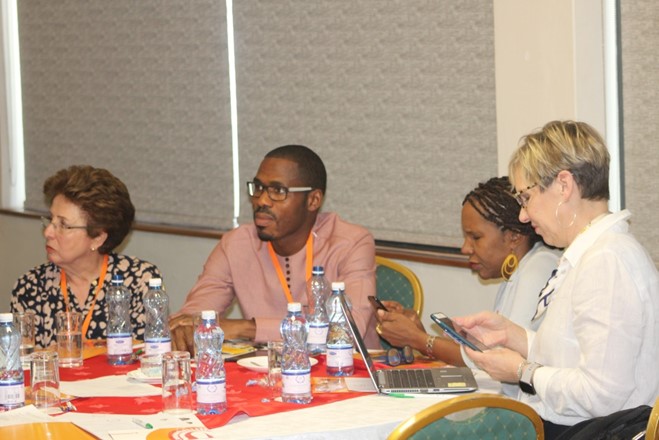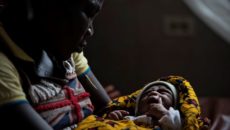MONROVIA, Montserrado – Stakeholders working to end mental health stigma in Liberia have returned to the country after participating in a knowledge-sharing conference to intensify the efforts.
The Global Mental Health conference took place between February 10 and 14 in Nairobi, Kenya, and provided an exciting opportunity for those working in the area of mental health to come together and share knowledge with program implementers and stakeholders.
The event was organized and led by ‘Time for Change,’ a U.K.-based organization, in partnership with the Basic Rights organization in Kenya.
The Liberian delegation included representatives from the Carter Center Mental Health Program; Cultivation for Users’ Hope; Liberia Center for Outcomes Research on Mental Health, and the Mental Health Reporters’ Network.
Although the conference was intended for countries with colonial ties with the U.K., Liberia was invited to participate and strategies developed are expected to be adapted and used locally.
Benedict Dossen, who leads The Carter Center Mental Health Program, told The Bush Chicken that this year’s conference also strived to address the issues of stigmatization and discrimination faced by persons living with mental disorders. He said the conference created the platform for attendees to share their stories and experiences.
“The Speak Your Mind Campaign is intended to raise the platform for mental health by engaging world leaders and policymakers to contribute more to improving mental health,†Dossen said.
“The conference is also intended to empower campaign leaders on mental health to become better advocates in terms of engaging policymakers and stakeholders to support and fight stigma against mental health.â€
He also lauded the participation of members of the Mental Health Reporter Network, stressing the importance of mental health coverage in the media [Disclosure: The author is the National Coordinator of the Mental Health Reporters Network of Liberia].
“Journalists reporting on mental health issues are being stigmatized and refer to as ‘crazy people journalists’ while mental health clinicians are being called ‘crazy people doctors,’†he said.
Liberia’s mental health system faces many challenges, including low budgetary support, limited availability of essential psychotropic drugs for persons living with mental disorders, and limited withholding units at facilities across the country.
The country’s representation in the global conference provided an opportunity to make the Liberian case for additional support toward its mental health initiatives.
The global conference showcased the Kenya government’s effort to deal with mental health issues. A member of the Kenyan parliament, Sen. Sylvia Mueni Kasanga of Makueni County, described mental health illnesses as bigger than any single health problem in her country (the conference occurred before Kenya had registered any confirmed Coronavirus cases).
Kasanga said she was proud to see people from different countries around the world in Kenya to discuss mental health issues.
She encouraged donors and partners working on mental health to help to improve the sector. Kasanga told participants at the anti-stigma learning event that mental health affects anybody no matter where one comes from, stressing the need for more dialogue.

Kenyan Senator, Sylvia Kasanga. Photo: Zeze Ballah
Currently, Kasanga said there is a study underway in Kenya’s Kisumu region on mental health. According to her, the study seeks to examine ways of integrating evidence-based services delivered by non-specialist workers to treat depression and trauma-related disorders as part of primary health care.
The study, she said highlights key lessons for those working in mental health-related local settings.
Featured photo by Zeze Ballah



